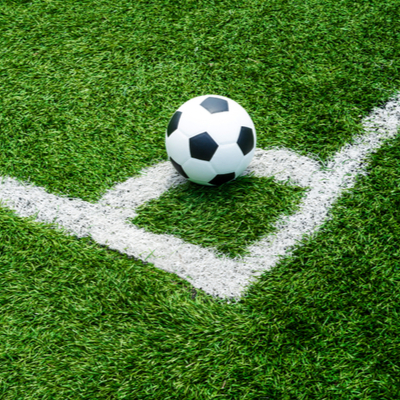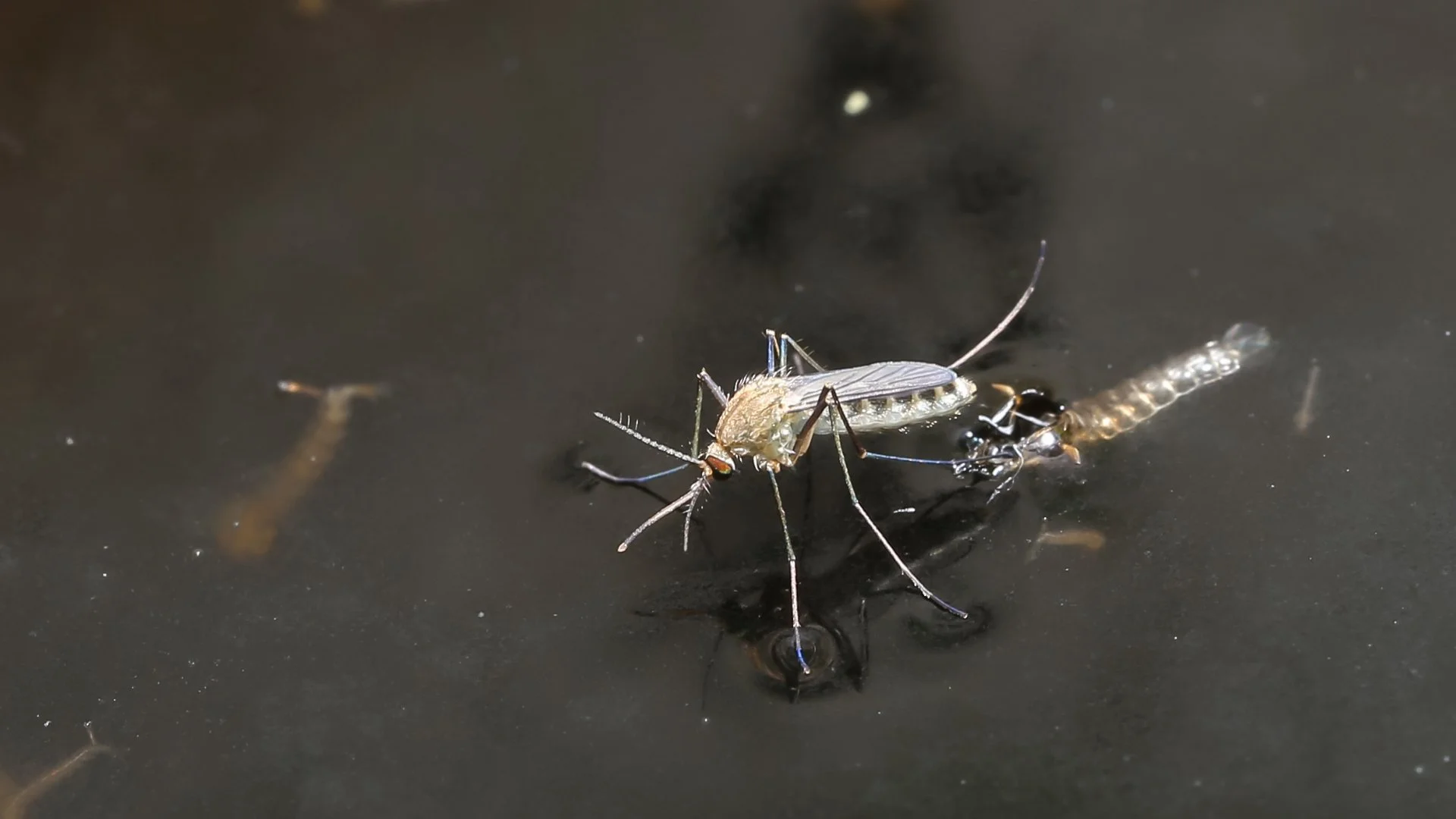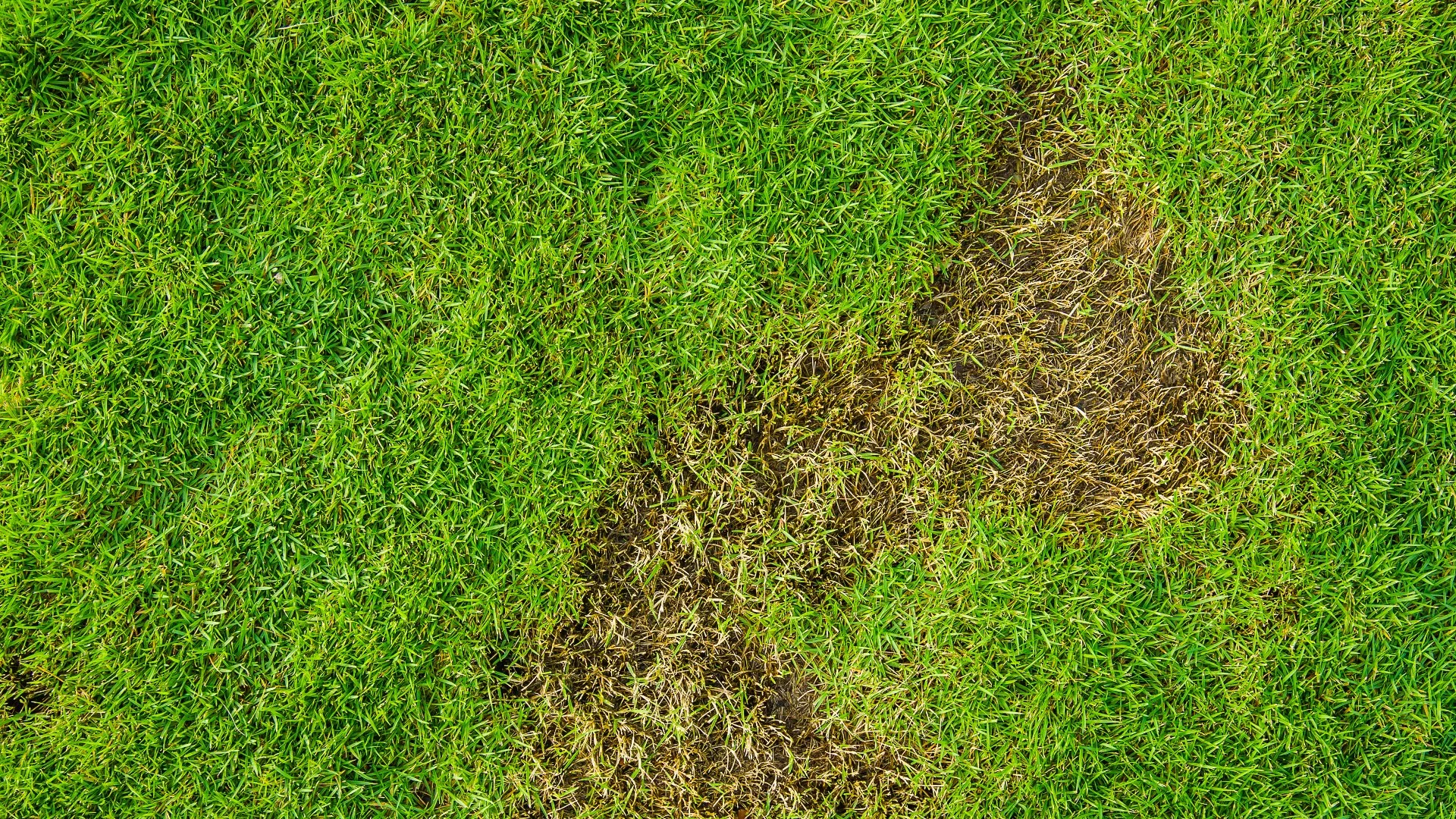Athletic fields take quite the beating with all of the occasions they are utilized for. Besides the common football practices, they are worn down from band practices, cheerleading, winter weather, and even other sporting events as well. They serve plenty of purposes that create a need for them to be consistently maintained. At Delaware Valley Turf, we have more than a few tricks up our sleeves to ensure that our clients with athletic fields to care for are well equipped with the knowledge and help to do so.
Control, Control, Control

The one thing that always stays consistent in the care of athletic fields is basic control. Control on a sports field includes weed control, insect control, and disease control. Understanding each of the things will allow your fields to be fit for use whenever the game calls.
- Weed Control – By ensuring athletic field turf is properly treated for weeds through cultural practices will create a natural reduction in herbicide usage overall and will keep your field ready and picture-perfect.
- Insect Control – A pest infestation could do some serious damage to the turf that serves as the stomping ground for so many college athletes. So the best way to ensure it stays pest-free is to monitor and keep an eye out for the first sign of moles or grubs. This simple (albeit tedious) task can save outrageous costs later in the season.
- Disease Control – By committing time and creating a consistent schedule to general lawn care practices like maintenance and water management, you will be able to greatly reduce the risk of disease or reduce the damage that comes from the disease if it does happen to make its way through and take over your turf.
Making Way for Provided Nutrients
After excessive use, any turf will become compacted. This is going to be especially true with any sports turf. When soil becomes compacted, it essentially is too tight to allow any water or nutrients to flow through it. Without air pockets, fertilizer and irrigation are pretty much useless. Which is where aeration comes in – the act of creating holes about six inches into the soil to allow for proper flow.
Overseeding would normally come after aeration, which is basically giving the field and influx of nutrients after being deprived for so long. Overseeding is highly recommended with sports turf to allow for full, green looking grass for some incredible action shots of the athletes.
Topdressing is also a great option for the upcoming winter season. It essentially allows for additional hydration over the cool-weather season and creates an even surface to play on for safe games.
Does Your Field Need Care? Give Delaware Valley Turf a Call Today!
The experts at Delaware Valley Turf is completely prepared to take on every part of the care that goes into keeping up an athletic field. All of our campus lawn care comes from our Customized Soil Fertility Programs through Penn State University’s Agricultural Analytical Lab in University Park, PA.
When you’re getting ready for the fall sports like football, be sure to give Delaware Valley a call to ensure your campus is available. You can reach us on our contact page, by phone at (610) 328-4170, or even get to know us a little more by checking our Facebook page.






Comments (0)
Thanks for your comment!
Thanks for your feedback! Your comments have been successfully submitted! Please note, all comments require admin approval prior to display.
Error submitting comment!
There is a problem with your comment, please see below and try again.